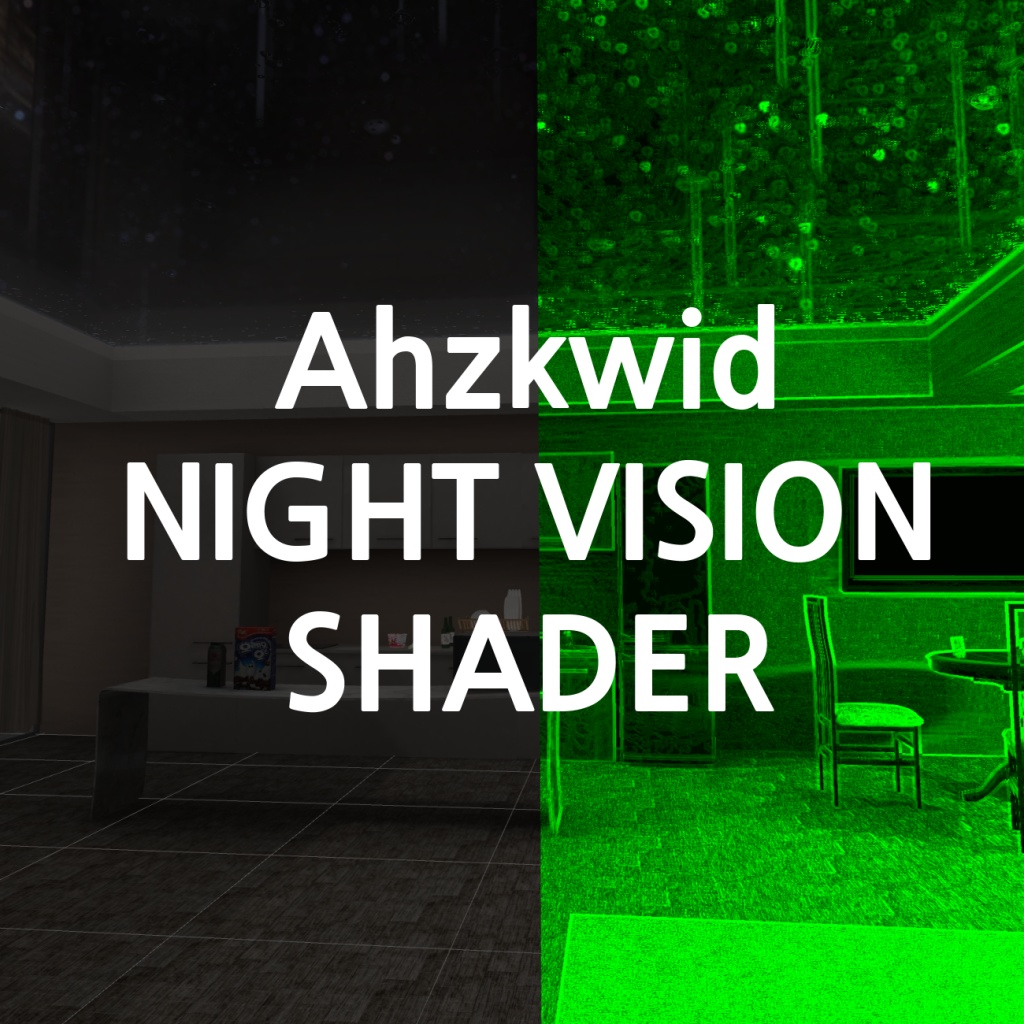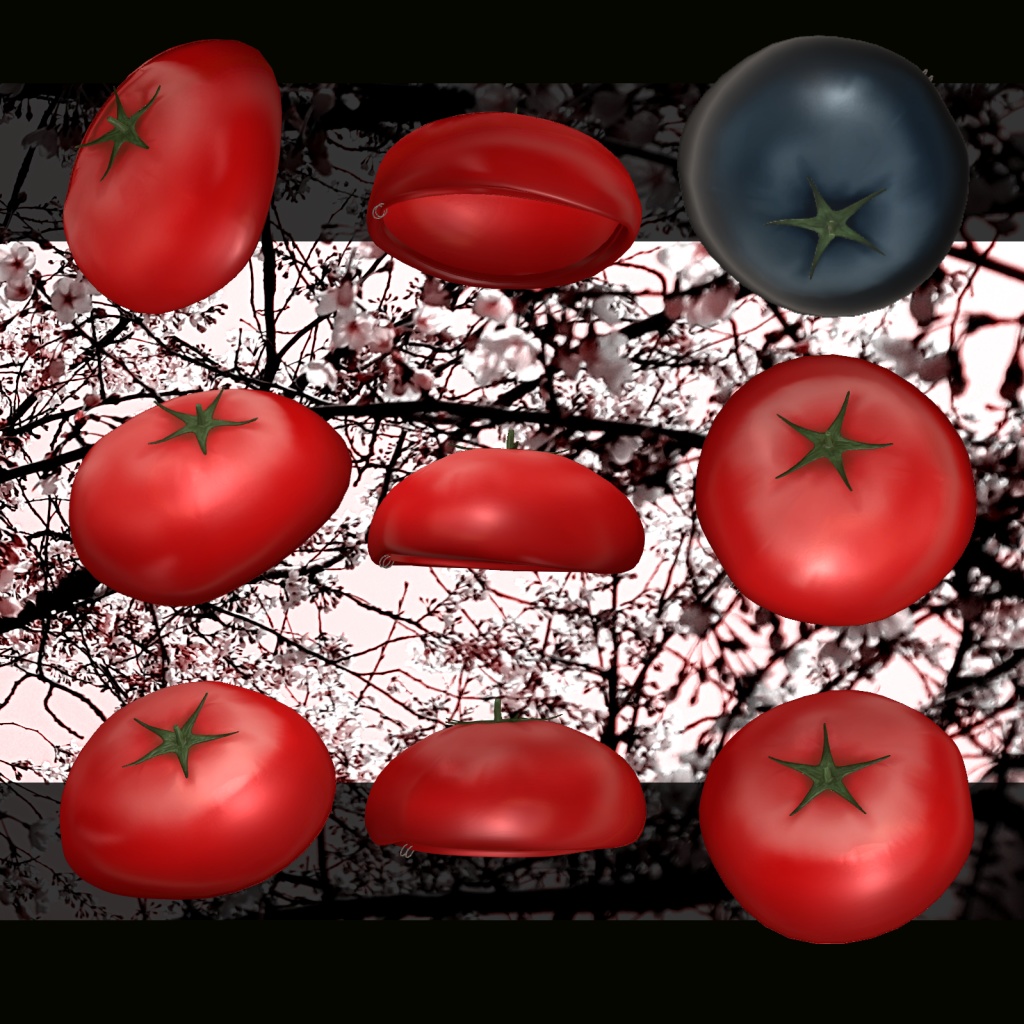'Unity'에 해당되는 글 185건
- 2021.10.16 유니티 오디오 믹서
- 2021.10.11 C# 시리얼
- 2021.10.11 C# Delegate와 IEnumerator
- 2021.10.07 유니티 GPGS 연동
- 2021.10.05 구글플레이에 앱 등록하기 2021
- 2021.09.24 LogError 뜰때마다 pause 되는현상 수정
- 2021.09.13 c# 해쉬테이블
- 2021.09.08 자주쓰는 c# 소켓 통신 모음
2021. 10. 5. 08:52
Unity





쉬밤바 aab만 업로드 가능하게 바뀌었더라
심지어 키스토어도 앱별로 관리해야 한단다 귀찮게


이후에 나오는 빨간문구 전부 쳐주자
'Unity' 카테고리의 다른 글
| 유니티 GPGS 연동 (0) | 2021.10.07 |
|---|---|
| LogError 뜰때마다 pause 되는현상 수정 (0) | 2021.09.24 |
| 유니티 이벤트 모음 (0) | 2021.06.22 |
2021. 9. 24. 10:38
Unity

누른거 풀어라
'Unity' 카테고리의 다른 글
| 구글플레이에 앱 등록하기 2021 (0) | 2021.10.05 |
|---|---|
| 유니티 이벤트 모음 (0) | 2021.06.22 |
| 유니티 VR 세팅관련 (0) | 2021.05.15 |
2021. 9. 8. 14:46
Unity/C#
ip받아올때
다만 로드밸런서등의 중계를 한번 거칠경우 전혀 다른 ip가 반환된다.
그럴경우 내부도메인을 뜯어올 방법을 알수 없어서 일단 서브도메인등으로 우회하는 방법을 쓰고있다
foreach (var ip in System.Net.Dns.GetHostAddresses("wmmu.tistory.com"))
{
Debug.Log(ip); //결과 : 211.231.99.250
}
'Unity > C#' 카테고리의 다른 글
| c# 해쉬테이블 (0) | 2021.09.13 |
|---|---|
| 자주쓰는 변수명 모음 (0) | 2021.08.18 |
| 유니티 빌드 관련 코드 (0) | 2021.08.09 |














